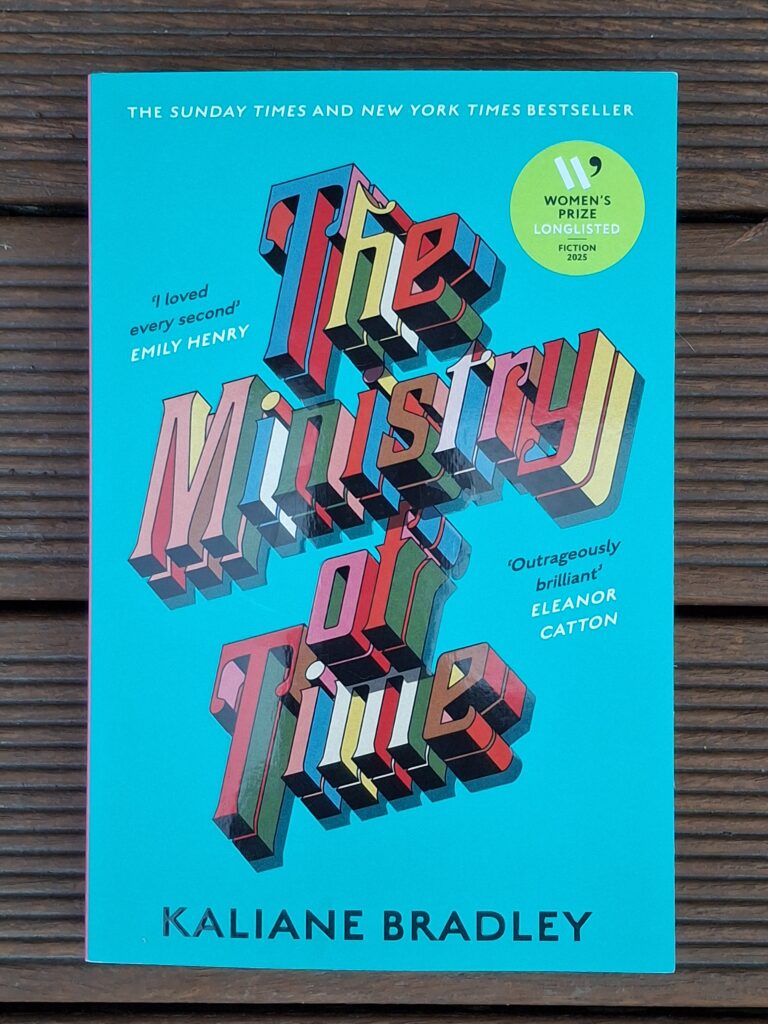
Government-controlled time travel: what could possibly go wrong?
The setting is pretty much the modern day, with the addition of time travel: occasional government-controlled time travel, enabling the titular Ministry of Time to research the physiological effects of time travel by bringing people from the past into the present day. To minimise ethical problems and temporal paradoxes, they only bring people who were about to die in their own time.
As the story gets under way, a number of (British) people from the last few hundred years are abruptly dumped, fish-out-of-water style, in modern-day London. This is predictably fun – I immediately thought of many spin-off books or even a TV series.
One of the time refugees is Commander Graham Gore, a smart and resourceful naval officer and explorer from the 19th century, who ends up in the care of the narrator, a smart and feisty woman who seems to be a version of the author. He is a boy, she is a girl: could we make it any more obvious? Will they or won’t they? (Spoiler: they will.)
Inevitably, things get more complicated. Why is the government even doing these expensive and complicated time travel exercises? How did they manage to get time travel technology at all? (When you think about it, the answer to this is obvious and inevitable.) There is a nice twist concerning the identity of one important character. What happens to our narrator as she learns more and more about the secrets of the Ministry of Time? Can true love conquer all?
There are themes of identity and belonging throughout, with the narrator being the child of a Cambodian immigrant, and of course the unwilling time travellers trapped in a world they never made. This makes the story a little bit heftier and more meaningful, so I am happy to look past the (unavoidable) time paradoxes and the (avoidable) sketchy characters. The ending is satisfyingly unsatisfying. This book would make a good TV series.
I bought my copy of this book at the Auckland Writers Festival when I went to see Kaliane Bradley speak. It was a fun and charming talk — she took us through the genesis of the book and some of the details in it, while being careful to avoid spoilers (luckily for me, since I hadn’t read it yet). She told us (an audience of maybe 1,000 people) that we were by far the biggest audience she had ever had. At the end of the talk she took a photo of the audience to send to her parents so they could see how popular her talk was. So heart-warming!
She talked about the back story of this book, which is interesting in itself. The character Graham Gore was a real person, who died (or did he?) in an Arctic expedition in 1847. Bradley found out about him, was fascinated, and ended up working up a novel around him where she brings him to modern-day London to live with a version of herself. It could have been embarrassing and indulgent, but it turned out to be a cracking good book.